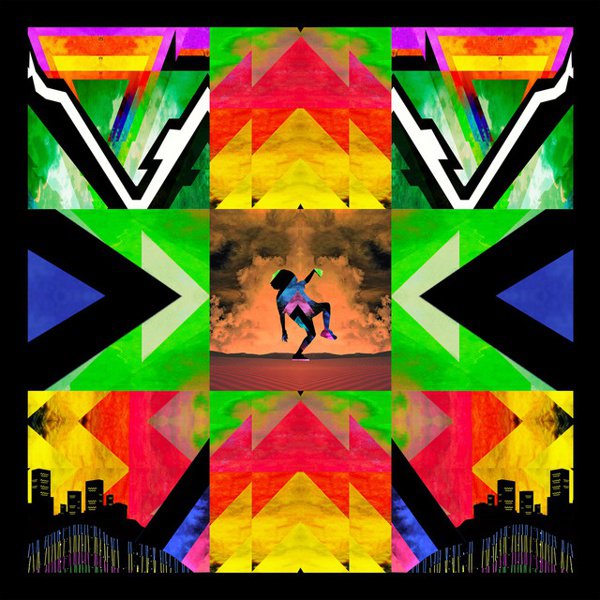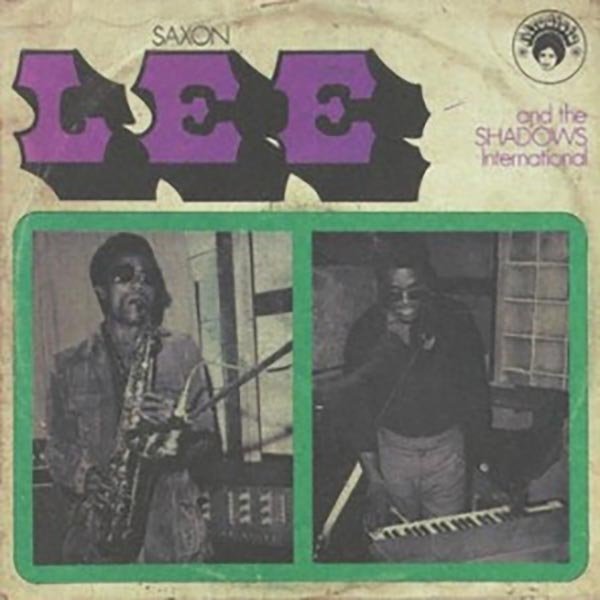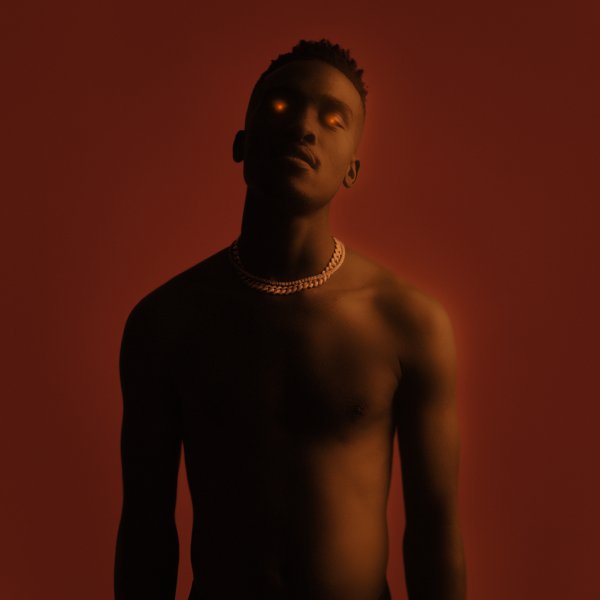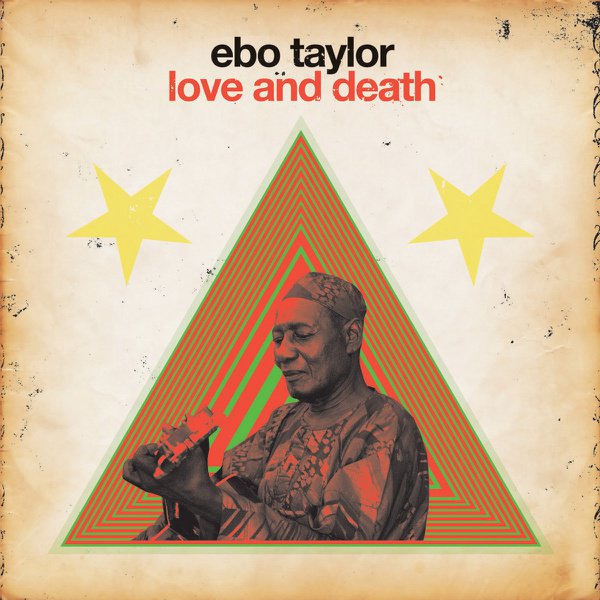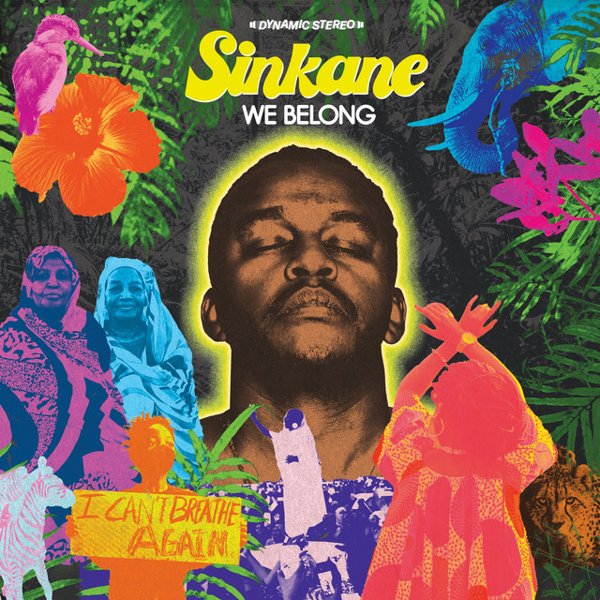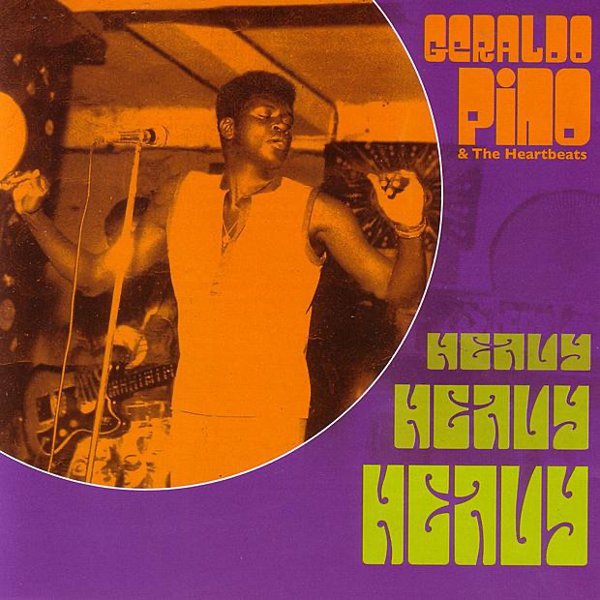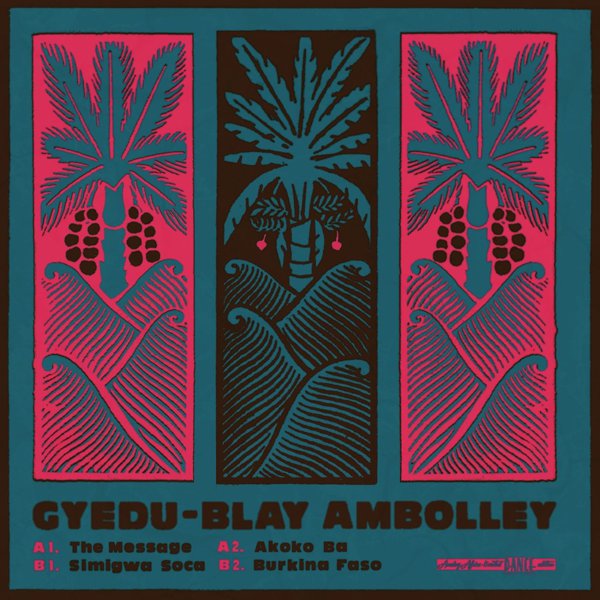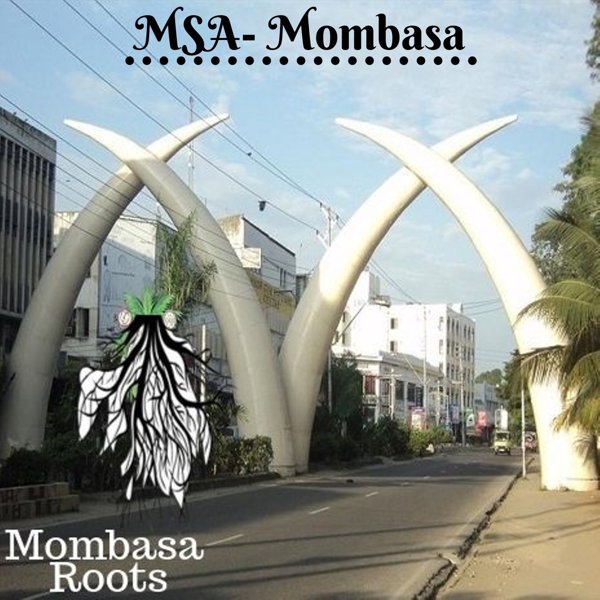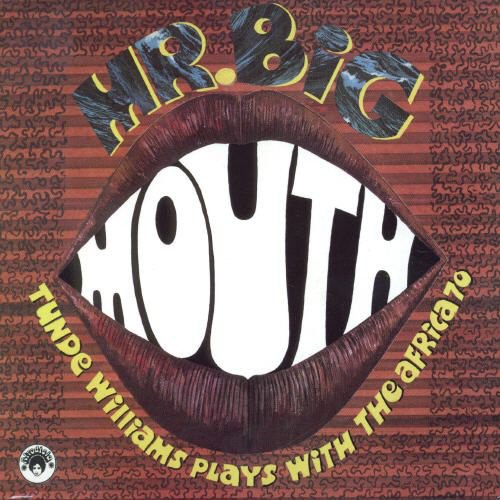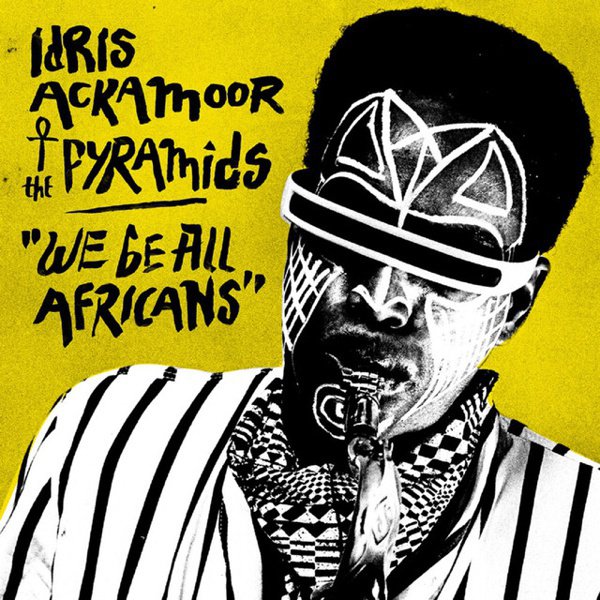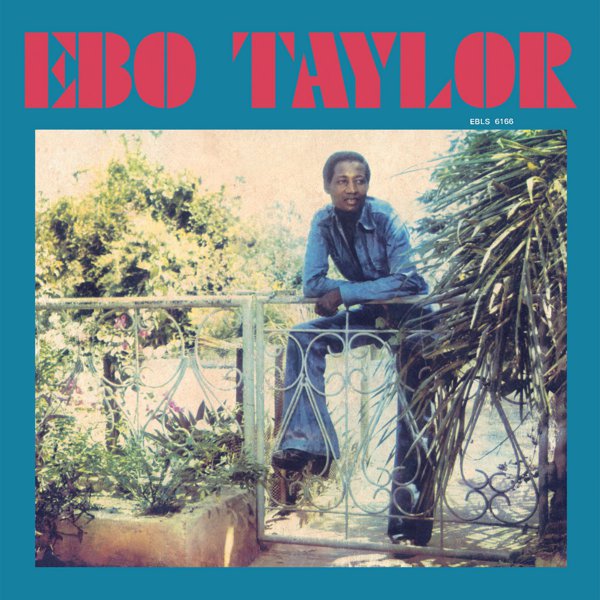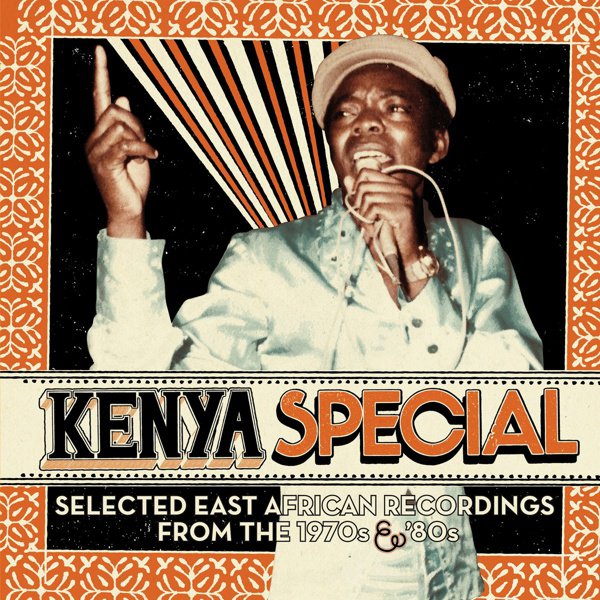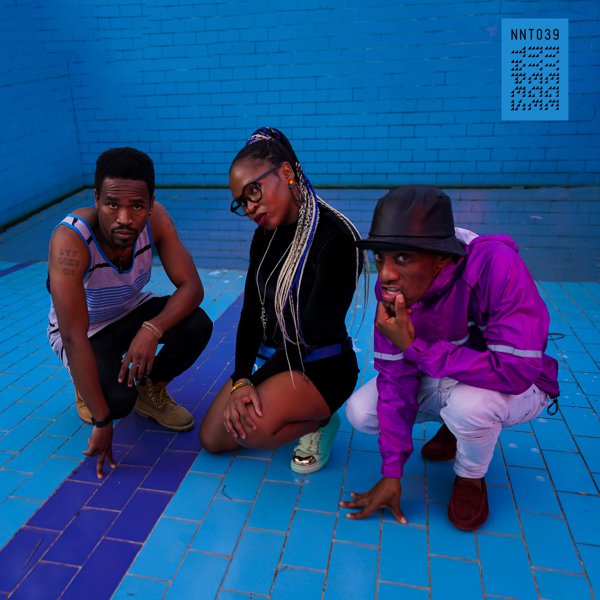
Recommended by
Ama Gogela
The Durban-based trio — Khera, Makan Nana, and Malathon — draw on the powerful sounds of the Toyi Toyi protests, during which music was used as a weapon to intimidate security forces, to create their brand of frenzied, gritty gqom. Capturing the anger and intensity of Phelimuncasi’s activist work, Ama Gogela brings together local producers to create propulsive, irresistible club tracks, laying call and response vocals over incessant bass and repetitive polyrhythms. It’s a dark and sometimes overwhelming sound, but it’s hard not to get swept up in it.
Gqom is a South African variant that’s been around for roughly a decade, and Phelimuncasi have named this album after a big and dangerous bee. This is their explanation: “We believe our music is irresistible, you can’t sleep or chill while it’s playing,” which is accurate. “The same thing happens when that bee hits you hard. Once it stings you, you can’t manage it, it’s painful.” Switching between isiZulu and English, the three vocalists in Phelimuncasi chant over a variety of beats, which avoid easy arrangements or resolutions. Give it ten minutes and you’re riled up but ride for an hour and you’ll be in a new place, ready to flip a cop cruiser or run ten miles.
Phelimuncasi are a vocal trio from Durban, South Africa — twin brothers Makan Nana and Malathon, and female partner Khera — who have been working together since 2012. This is their full-length debut album, following a compilation of singles, 2013-2019, and it’s a mesmerizing, dark collection of pulsing club tracks that platform their intricate three-way vocal interplay. Khera is often the lead voice, switching back and forth between English and isiZulu as the two men back her up with rhythmic chants and declarative exclamations. The beats pound with an almost industrial force, and the tracks incorporate metallic scrapes and clangs, police sirens, and synth blasts straight from Berlin techno clubs. Although their work has a hedonistic, if not celebratory, aspect at times, its theatricality has a dark edge rooted in their leftist politics.

